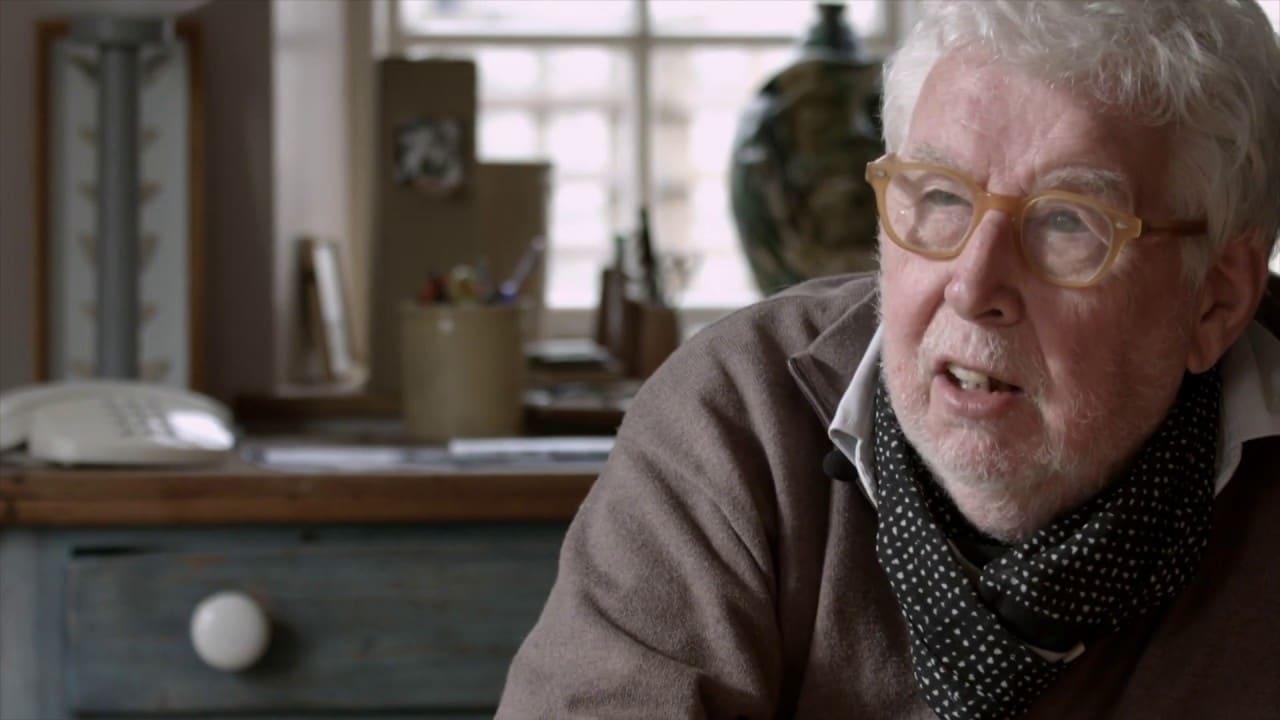Scottish arts chief grovels over funding ‘errors’
mainThe head of Creative Scotland has apologised to Parliament for screwing up this year’s handouts.
‘We can’t let this happen again,’ she said.

So she gets to keep her job.
Read on here.

The head of Creative Scotland has apologised to Parliament for screwing up this year’s handouts.
‘We can’t let this happen again,’ she said.

So she gets to keep her job.
Read on here.
Decca is marking the birth centenary of John…

Statement by the Berlin Phil: It is with…

We hear that Andrew recently recorded for Chandos…

The Last Night that was picketed because Sir…

Session expired
Please log in again. The login page will open in a new tab. After logging in you can close it and return to this page.
We can’t let this happen suggests that someone else was responsible. Why doesn’t she have the guts to admit she got it badly wrong and resign? She is obviously out of her depth.
Yes. If there had not been such an outcry the cuts would have stood. I think she should have gone. Confidence in her and Creative Scotland critically low.
“Why doesn’t she have the guts to admit she got it badly wrong and resign?”
Because I can pretty much guarantee that as head of the funding body, she does not participate in the so-called ‘peer review’ process by which funds are allocated. That’s how arts funding usually works. I’m not privy to how they do it in Scotland, but I can speculate on what has happened here. It’s likely that one or more new members of the assessment board or committee were brought in in the hope they might shake things up a bit, and they may have delivered a little more than what was bargained for.
So once again, change has failed to materialise and it’s back to business as usual, coupled with the ominous warning: ‘don’t try this again’. I’m absolutely in no position to comment on the merit or otherwise of the original decisions individually, but unless we have a system whereby it is actually possible for the old and established to lose their funding in favour of the new, then we have no business calling our body ‘Creative’ anything.
The whole essentially European system for allocating public funds for the arts is so fundamentally flawed that any attempt at incremental reform is likely to end in this sort of disaster. You may as well be dealing with the NRA. At it’s heart is the idea of ‘peer assessment’ and the entrenched self interest and nepotism this particularly blatant conflict of interest engenders.
hear hear to the above! Funders are in am impossible situation – stagnant budgets, tasked with diversifying, finding new audiences, being relevant, but then being castigated as soon as they make any change that affect established organisations.
Yep, damned if they do and damned if they don’t. There clearly wasn’t enough cash to go round.
“relevant” – a pretentious term used to describe whatever the user happens to approve of, or to dismiss something which was not created last week. In reality, people are attracted to what they like, from whatever age; they do not think in terms of “relevance”.
Hmmm. A bit of a disjunct here. It boils down to saying that she didn’t know what was happening, yet she earns the ‘big bucks’, and when the benefit packages of such as she are questioned, as with the corporate CEOs, we’re always told that the salary-plus is justified by the market price of people who have a wondrous grasp of all aspects of the business in question. If she’s not involved in the allocation of funds, what the hell does she do??
Sorry, once again you and others are missing the point. I know it’s weird and I don’t agree with it but this is how arts funding works. Assessment of factors such as artistic merit must be made by a panel of peers i.e. other artists.
Management is required to operate at arms length. Their job is to provide information and resources to these panels and also to administer the grants.
Then there is no point whatever in her saying, “We can’t let this happen again,” is there, David? Mind you, I do assume that the ‘we’ in that includes her, but so often with these people that pronoun is used only as part of an overall strategy for the scattering around of blame. She may indeed have been totally ignorant of what was developing, but that does rather make me start wondering again why such as she get the big bucks. She must lead a very sheltered work life if the buck never stops with her.
My interpretation is slightly different about this. I suspect this has happened since the “process” has become more important than the “outcome”. Many bureaucratic structures work like this. The paperwork itself is the outcome that gets assessed rather than using the paperwork to review the outcome (e.g. how good the are Artistic organisations being funded).
Steven Holloway is spot on. If the head of a funding body does not take the trouble to have her deputies explain in great detail why they wish to make ,major changes, what the alternatives are and what the consequences will be, she does not deserve to keep her job. Worse, to announce one set of decisions one day and then overturn them the next, she should absolutely resign. Not to do so is the coward’s way out!
Frustrating. Part of the reason we have this awful system is because so many seem to not understand how it works. Please see above.
To followup with what Will says, in the United States in the nineteen seventies and eighties says there was a lot of hype in the United States about “zero based budgeting” where funders and allocators were supposed to pretend that all programs were new with no previous budget and be innovative by pretending that past programs or institutions did not exist and they were supposed to allocate monies “starting from scratch”. Of course, it did not work and one hears nothing about this today.
There are too many entrenched interests and too many people who might be laid off if one was making grant or other funding allocations strictly on the merits. With very few exceptions any change in any institution, not only the arts, especially any lasting change, that depends on any outside funding, such as charitable foundation or especially government funding, is incremental at best.
Steven, there is much here that is pure speculation. And I know that this site is becoming increasingly tabloid by the week, but the headline to this story is really disappointing even by Slipped Disc standards. Simply because our dear leader NL either doesn’t understand the process or doesn’t care that someone whose reputation he has besmirched may not have done anything to deserve such criticism.
We don’t know and neither does Norman unless someone’s leaking. I doubt that.
My gut feeling is that there is every possibility that the head herself initially opposed the decisions but went ahead with them out of respect for the process. Then when the pressure from the usual vested interests became unbearable she had to act.
Once again, I’m not taking sides on individual decisions because I have no idea what led to them. I am however concerned with the process and how we cannot, must not, continue to operate under a system that is deliberately structured to minimise the possibility of positive, indeed necessary change.
Very well said, David. I acknowledge the truth in what you write.
It astounds me that these people can make decisions without any consequences. I run an art gallery in Glasgow http://www.scotlandart.com if i make decisions which have a negative impact on the business then guess what i need to pay for that. A simple apology doesnt cut it for me.